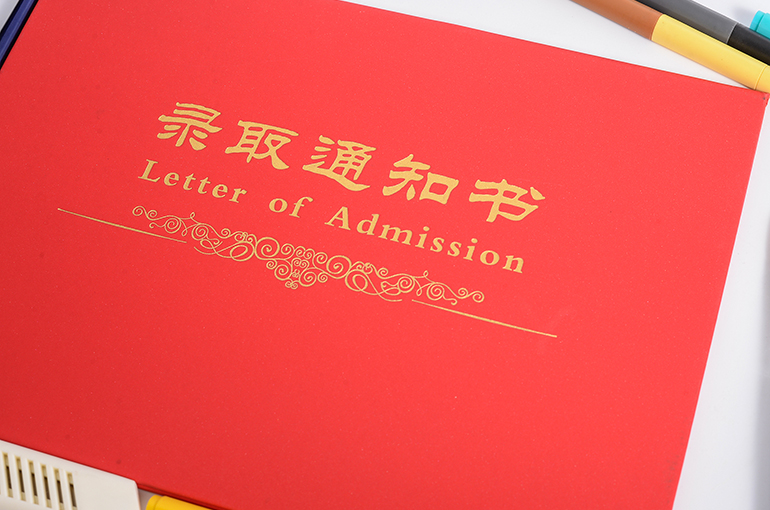 Hong Kong Universities Open Doors to Overseas Students After Harvard Ban
Hong Kong Universities Open Doors to Overseas Students After Harvard Ban(Yicai) July 3 -- Several Hong Kong universities are allowing foreign students affected by US President Donald Trump’s recent temporary ban on international students entering Harvard University to transfer to them as the special administrative region’s higher education sector gains traction as an increasingly appealing option on the global stage.
Some 36 transfer admission offers had been extended to international students as of June 26, according to media reports citing Hong Kong Secretary for Education Choi Yuk-lin.
The University of Hong Kong sent out 16 such offers, the Hong Kong University of Science and Technology issued 15, the Chinese University of Hong Kong extended three and Lingnan University Hong Kong issued two.
The Hong Kong government has been closely monitoring changes in global education and talent mobility, Choi said. After the "Harvard Incident," authorities immediately reached out to the Harvard Club of Hong Kong to offer support to affected students and urged all local universities to take swift action.
The Hong Kong University of Science and Technology said it welcomes international students already enrolled at or admitted to Harvard to transfer to it after the Trump ban. It said it would fast-track their applications and facilitate credit transfers, visa applications and housing.
City University of Hong Kong went even further, offering special scholarships and allowing PhD students’ original supervisors to serve as co-advisors after the transfer.
The University of Hong Kong has received 300 inquiries from US students and over 100 transfer applications, including from Harvard, amid growing uncertainty about the situation in the US, President Zhang Xiang said earlier.
On June 4, Trump issued a Presidential Proclamation barring foreign nationals from studying or joining exchange programs at Harvard for six months. The presidential order was later put on hold by a judge after Harvard filed a lawsuit.
Hong Kong universities have become increasingly popular among international students in recent years. The region’s eight public universities raised their quota in the 2024/25 academic year for overseas students to 40 percent from 20 percent, but that was not enough to meet soaring demand. Several universities recently reported record-high non-local applications for the new academic year.
Editor: Kim Taylor